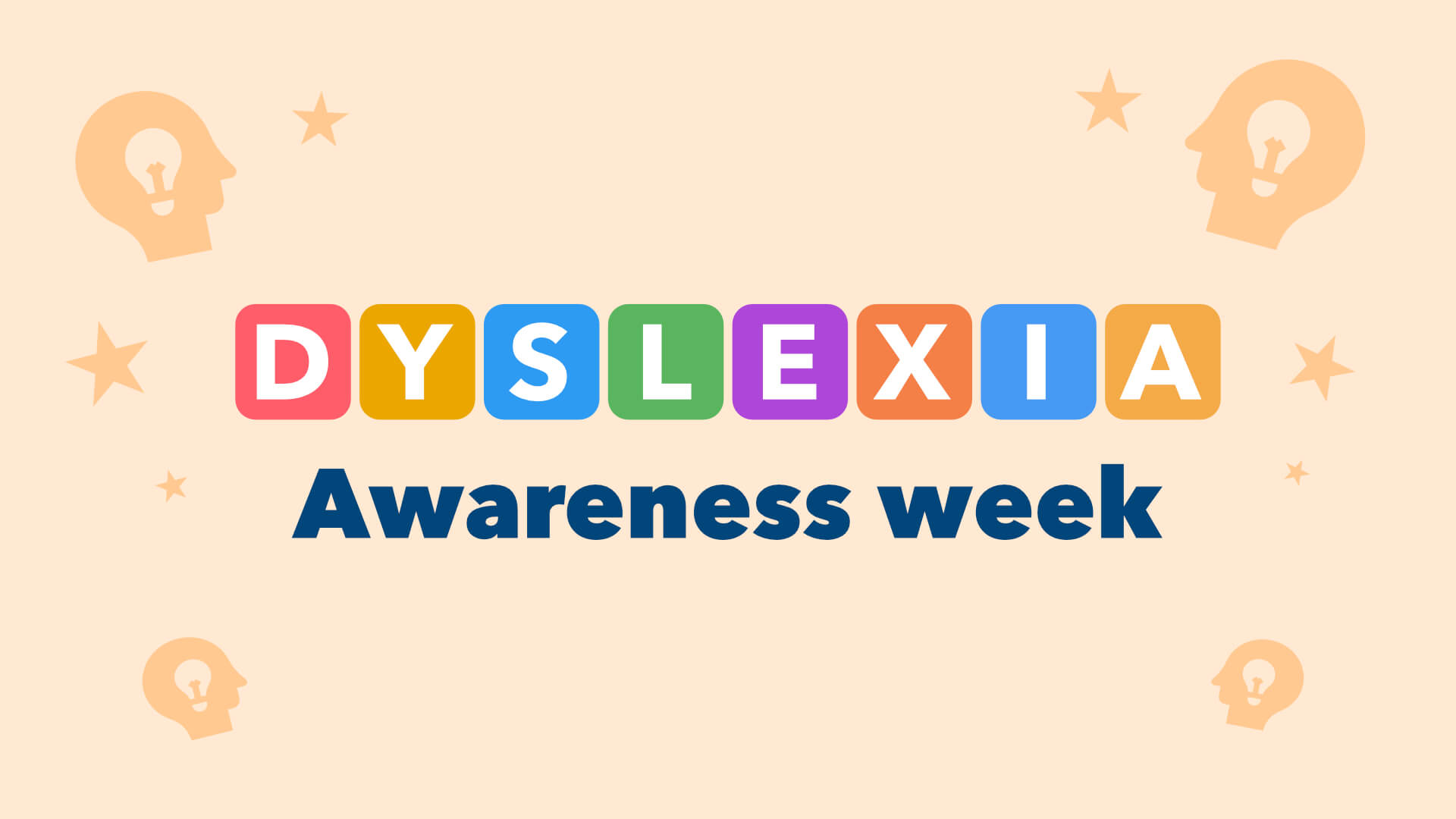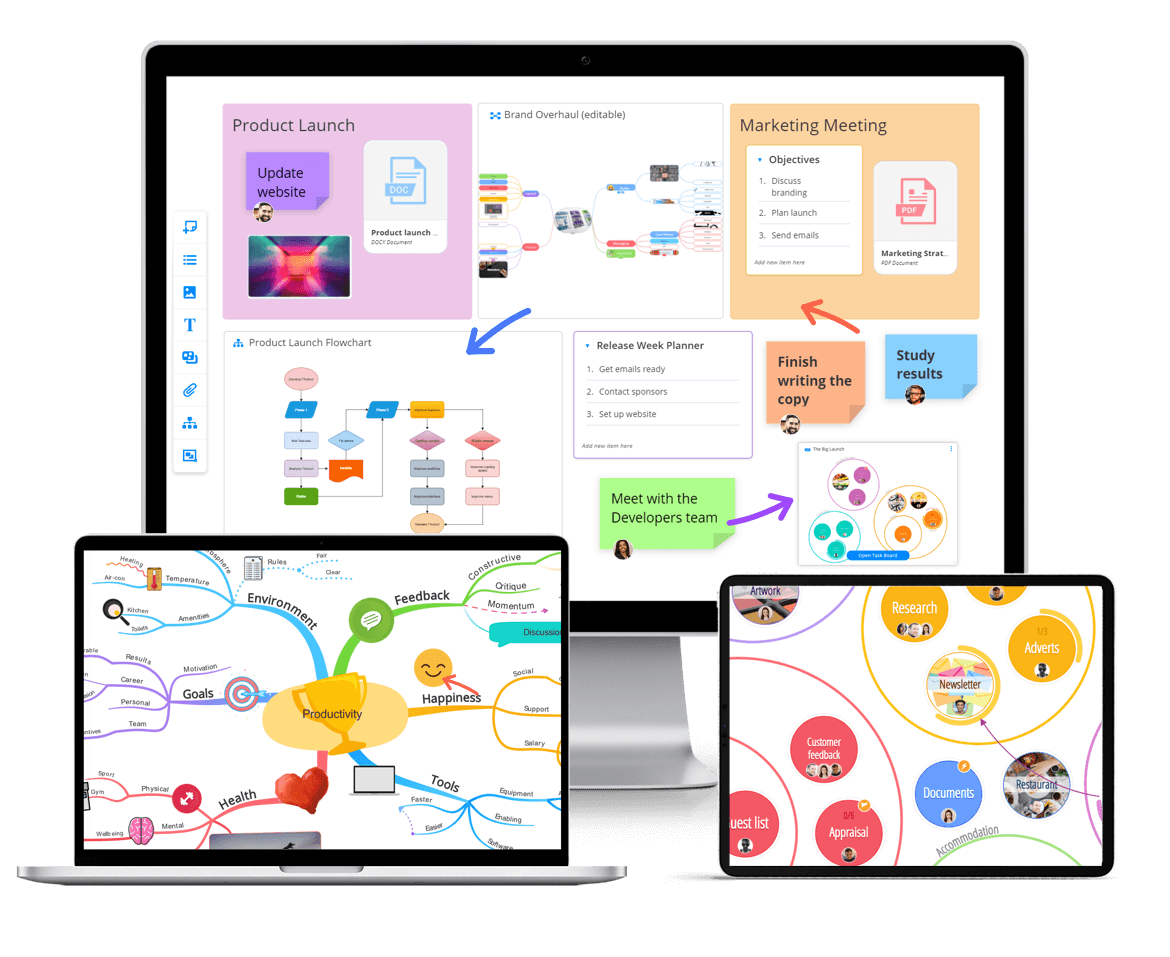October 5, 2022 (Updated March 6th, 2023)
Dyslexia Awareness Week

Considering the increasing interest in neurodiversity, Dyslexia Awareness Week should certainly be marked out in your annual calendar. Celebrated both nationally and internationally, Dyslexia Awareness Week seeks to raise awareness of the condition while breaking down stigmas and providing resources to educators, employers and the general public to better support dyslexic individuals. Keep reading to find out more about Dyslexia Awareness Week and how you can get involved.
What is Dyslexia?
First things first, let’s remind ourselves of what dyslexia actually is: a neurological condition which typically affects reading, writing and spelling abilities. Just like other conditions such as dyspraxia, ADHD and autism, it falls under the “neurodiversity” umbrella and is rooted in neurological differences within the brain. It is important to note that dyslexia has no impact on a person’s intelligence, but simply their ability to write and process text or written language. Other symptoms may include: problems with short term memory and linear methods of organisation.
What is Dyslexia Awareness Week?
Dyslexia Awareness Week is an annual event used to celebrate and promote dyslexia. It is essential in drawing attention to the difficulties dyslexic individuals can face in day-to-day life. After all, the world is not always an easy place to be dyslexic.
Schools, colleges and universities often rely on linear reading-based teaching methods and many workplaces disseminate information via long email chains and text-heavy documents. These methods are considered “non-accessible” for dyslexics, in other words they create barriers which limit dyslexic individuals who are forced to work in a way that may suit neurotypical people, but does not suit them. This is despite the fact dyslexic individuals can prove to be incredible creative assets to teams and companies when facilitated to work at their best.
Often, Dyslexia Awareness Week is based around a particular theme spanning topics such as: visibility, creativity, empowerment, barriers and many more. There are many aspects to dyslexia and these themes help to focus each year on a specific aspect of dyslexia and how it can be better understood. The ultimate goal of the week is one of awareness – many people still don’t fully understand what dyslexia is and old stigmas linger – but the secondary goal is to promote real change in the world so that dyslexics aren’t put at a disadvantage in society. After all, society is at its best when we’re all at our best; being inclusive is a must for true equality, and is essential for a better way of life – one that prioritises trust, belonging, productivity and happiness.
How else is Dyslexia celebrated?
Of course, those who have dyslexia have it all year round, not just for one week of the year. So, how else is dyslexia celebrated? Well, there are other international recognitions such as Dyslexia Awareness Month and World Dyslexia Day, but in addition to this there is also the “ICD” (the international celebration of Dyslexia) and other groups who work to promote dyslexia awareness all year round.
There are many organisations dedicated to making the world more neuro-inclusive for dyslexics and other neurodivergent individuals such as The Decoding Dyslexia movement, a grassroots activist group which trailblazes improvements for the dyslexic community in the world at large. Their incredible work is making a real difference to the way dyslexia is perceived and received in wider society via the promotion of early screening and campaigning for policy changes in education.
There are also regular events held by the likes of the British Dyslexia Association focussing on everything from webinars for educators and employers, to conferences and training to ensure continuous progression in how dyslexia is regarded and handled within institutions. These kinds of groups are so essential because they celebrate dyslexia every day of the year and help to keep the topic at the forefront of the minds of leaders.
Why is Dyslexia Awareness Week important?
So, why is Dyslexia Awareness Week so important? In a word: change. It wasn’t so long ago that those with dyslexia were misunderstood and underestimated. Their neurological differences were considered a disadvantage (a huge mistake considering there is a well-noted link between dyslexia and increased creativity).
Promoting awareness is the first step towards deepening understanding and inspiring change. With that underway, we can hopefully begin to appreciate not only the best ways to facilitate dyslexic individuals, but how to harness their incredible visual thinking skills and creativity.
There are many tools which can be used to make the lives of dyslexic individuals easier – whether it’s speech-to-text recognition tools or neuro-inclusive workplace apps such as Ayoa. Integrating such things into the day-to-day lives of dyslexics in education and the workplace by default can help to make them feel accommodated, understood, as well as ushering in change to allow them to reach their full potential.
Having a week of awareness also helps to celebrate dyslexic individuals, many of whom may have felt overlooked, by rejoicing in their differences and the rich variety of life more broadly. There are many incredible dyslexic role models in the world today and also in the pages of history – from Albert Einstein to Whoopi Goldberg – so what better way to celebrate than with a week spotlighting all the ways dyslexic individuals have contributed to society. All in all, Dyslexia Awareness Week is a huge force for good helping to make the world more inclusive and accessible to all.
How can you support Dyslexia Awareness Week?
With all that in mind, how can you help to support Dyslexia Awareness Week? Well, there are a number of options including running a fundraising event to donate money to or via organisations such as the British Dyslexia Association, Made by Dyslexia, and the Dyslexia Foundation. You can also help by marking the occasion within your school, college or workplace.
Why not start some conversations about dyslexia, and neurodiversity more broadly? After all, 15-20% of the population are thought to be neurodivergent, so this is a topic which should be embraced and understood by everyone. It’s certainly worth running some workshops which explore what dyslexia is, misconceptions about the condition, and firsthand accounts of what it’s like to have dyslexia.
It’s also important to remember that change can start at home too. If you have friends or relatives who are dyslexic who feel comfortable talking to you about their condition, why not reach out to hear more about their own experiences. Offering sympathy for the ways dyslexia has been misunderstood historically and understanding of the many great skills dyslexics have, can help to spearhead change and make neurodivergent individuals feel more comfortable in society.
In summary, Dyslexia Awareness Week is an incredible opportunity to promote, discuss and celebrate dyslexia in order to promote a fairer society which appreciates and facilitates all individuals – regardless of neurological make up.

Visual working for dyslexia
Ayoa is a neuro-inclusive digital workspace that allows individuals to work the way which their brain likes alongside others. Visual mind maps, flexible task management, intuitive whiteboards and more all adapt for creativity and neurodiversity to thrive.
Try Ayoa
